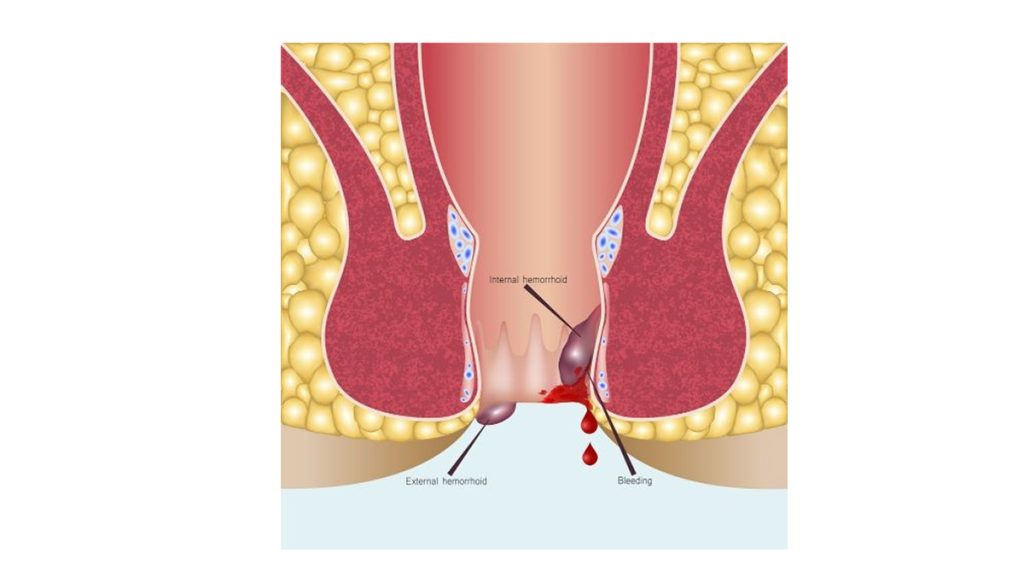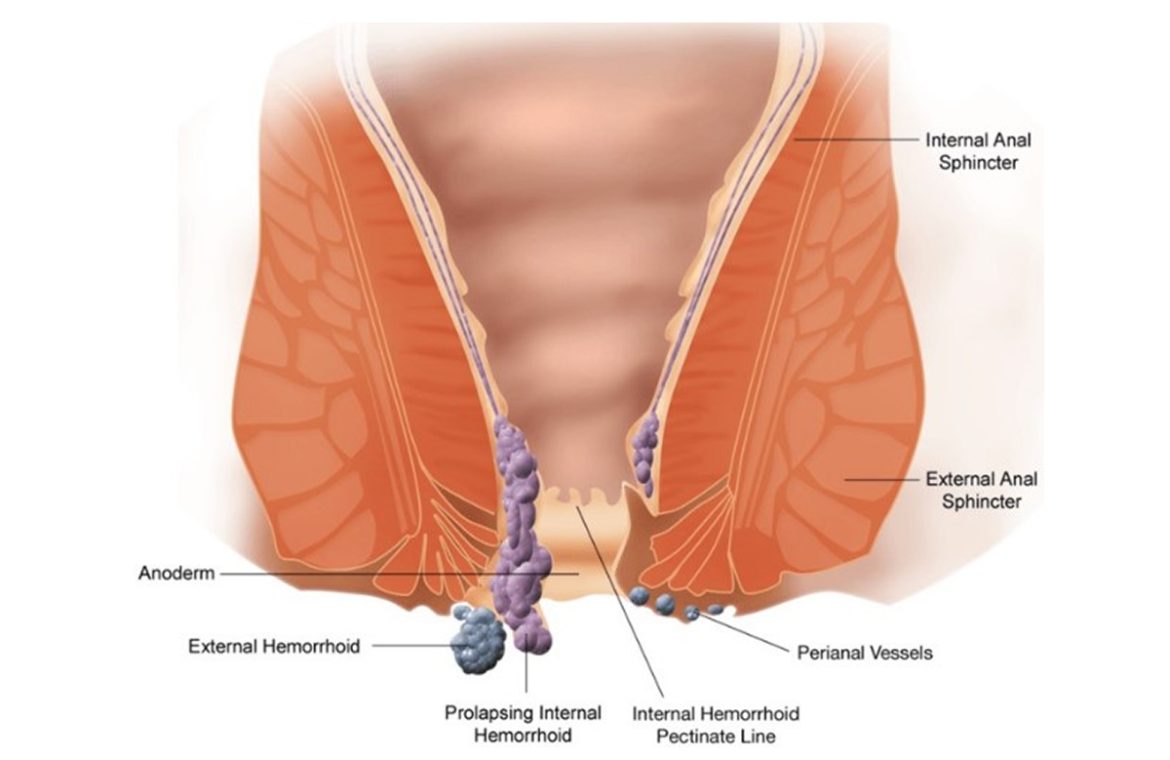Piles/ Haemorrhoids
Piles, also known as haemorrhoids, are a common medical condition that affects millions of people worldwide. Despite their prevalence, piles can be a source of discomfort, pain, and embarrassment for those who suffer from them.
To know more about piles, contact Dr. Vikram Ramamurthy, the BEST PILE SPECIALIST IN BANGALORE. Dr. Vikram Ramamurthy is a highly accomplished and compassionate BEST PILES SPECIALIST in Bangalore with an unwavering commitment to delivering exceptional patient care and surgical excellence. With extensive expertise in a wide range of surgical procedures, Dr. Ramamurthy brings a wealth of experience and proficiency to the operating room. Known for his meticulous approach and precise surgical techniques, Dr. Ramamurthy consistently ensures optimal patient outcomes and recovery. His dedication to staying at the forefront of medical advancements and his adeptness in leveraging cutting-edge technologies make him a trusted and sought-after practitioner in the field of general surgery. Dr. Ramamurthy’s exceptional patient-centric approach establishes him as a reliable and empathetic healthcare provider dedicated to fostering a culture of wellness and holistic patient well-being. He had carved a niche in giving the BEST PILES TREATMENT in Bangalore with his experience and service.
Dr.Vikram Ramamurthy also specializes in advanced laparoscopic surgery for gastrointestinal problems like hernia, gallbladder stones, appendicitis, hepatobiliary and pancreatic diseases, colorectal diseases, piles, fissures, and fistulas in ano, with premium pre- and post-surgical care, making him one of the best gastrointestinal surgeons in Bangalore. He has general surgical problems like GERD, breast, thyroid diseases, varicose veins, diabetic wound, phimosis, lipoma, and sebaceous cyst.
In addition to his clinical work, Dr. Ramamurthy dedicates time to educating the next generation of surgeons. As a mentor and teacher, he instils the values of constant improvement and patient-centric care in his proteges.
What are Piles?
- Piles are swollen and inflamed blood vessels located in the rectum or anus. They can occur internally or externally. Internal piles are found inside the rectum, while external piles develop under the skin around the anus. Piles can vary in size and severity, ranging from small to painless lumps to large, painful swellings.

Causes of Piles
- Straining During Bowel Movements: One of the most common causes of piles is straining during bowel movements. This can happen due to constipation, which makes passing stool difficult. The increased pressure in the rectal area can lead to the formation of piles.
- Chronic Diarrhea:On the opposite end of the spectrum, chronic diarrhea can also contribute to the development of piles. Frequent loose stools can irritate the rectal area, leading to inflammation and swelling of the blood vessels.
- Pregnancy: Pregnant women are more prone to developing piles due to the increased pressure on the pelvic area and hormonal changes that relax the blood vessels.
- Obesity: Excess body weight can put pressure on the rectal veins, increasing the risk of piles.
- Sedentary Lifestyle: Lack of physical activity and prolonged sitting, such as in office jobs, can lead to poor circulation in the lower part of the body, contributing to the development of piles.
- Aging: As people age, the connective tissues supporting the blood vessels in the rectum may weaken, making the blood vessels more susceptible to swelling and inflammation.
- Genetics: A family history of piles can increase the likelihood of developing the condition.

Symptoms of Piles
The symptoms of piles can vary from person to person, but some common signs and symptoms include:
- Rectal Bleeding: The most noticeable symptom of piles is usually bright red blood in the stool or on toilet paper after a bowel movement.
- Pain & Discomfort: Depending on the size and location of the piles, you may experience pain, itching, or discomfort in the rectal area.
- Swelling & Lumps: External piles often result in noticeable swelling and lumps around the anus, which can be painful and tender.
- Mucous Discharge: Some individuals with internal piles may experience a mucous discharge after a bowel movement.
- Incomplete Bowel Movements: You may feel as if you haven’t fully emptied your bowels after a bowel movement.
- Anal Itching: Itching around the anal area is a common symptom of piles.
Treatment Options for Piles
The treatment of piles depends on the severity of the condition. In many cases, piles can be managed with lifestyle changes and over-the-counter remedies. However, in more severe cases, medical intervention may be necessary. Here are some treatment options:
- Lifestyle Changes: The first step in managing piles is to make some simple lifestyle adjustments. This includes consuming a high-fibre diet, staying hydrated, and avoiding prolonged sitting or straining during bowel movements.
- Topical Creams and Ointments: Over-the-counter creams and ointments can provide relief from itching and discomfort. They may contain ingredients like hydrocortisone or witch hazel.
- Sitz Baths: Soaking the anal area in warm water, known as a sitz bath, can help alleviate pain and reduce inflammation.
- Medications: In some cases, a doctor may prescribe medications to help reduce inflammation and pain. These may include pain relievers or suppositories.
- Rubber Band Ligation: For internal piles that do not respond to conservative treatments, a doctor may recommend rubber band ligation. This procedure involves placing a rubber band around the base of the pile to cut off its blood supply, causing it to wither and fall off.
- Sclerotherapy: Sclerotherapy involves injecting a chemical solution into the pile to shrink and reduce its size.
- Haemorrhoidectomy: In severe cases, surgical removal of the piles, known as a haemorrhoidectomy, may be necessary. This is typically reserved for large or extremely painful piles.
- Stapled Hemorrhoidopexy (Stapling): This surgical procedure involves stapling the piles to the rectal wall, which reduces blood flow to the affected area and helps them shrink.
- Laser Therapy: Laser therapy is another option for removing piles. It uses a laser to vaporize or excise the piles.

Prevention of Piles
Preventing piles involves adopting a healthy lifestyle and making some simple changes to your daily habits. Here are some preventive measures:
- Diet: Consume a high-fibre diet rich in fruits, vegetables, and whole grains to promote regular bowel movements and prevent constipation.
- Hydration: Drink plenty of water to keep your stools soft and prevent straining during bowel movements.
- Exercise: Engage in regular physical activity to improve circulation and maintain a healthy body weight.
- Avoid Straining: Do not strain during bowel movements. Take your time on the toilet and use a stool to elevate your feet if needed.
- Good Toilet Habits: Be mindful of your toilet habits. Avoid sitting on the toilet for extended periods, and clean the anal area gently to prevent irritation.
- Regular Check-Ups: If you have a family history of piles or other risk factors, consider regular check-ups with a healthcare provider to catch and address any issues early.

Surgery Tailored to Individual
- If you suspect you have piles or experience persistent symptoms,it is advisable to consult Dr. Vikram Ramamurthy for an accurate diagnosis and the best treatment option tailored to you. Book an appointment by calling:
- +918660296440
- +918431751624
- +919535958697


